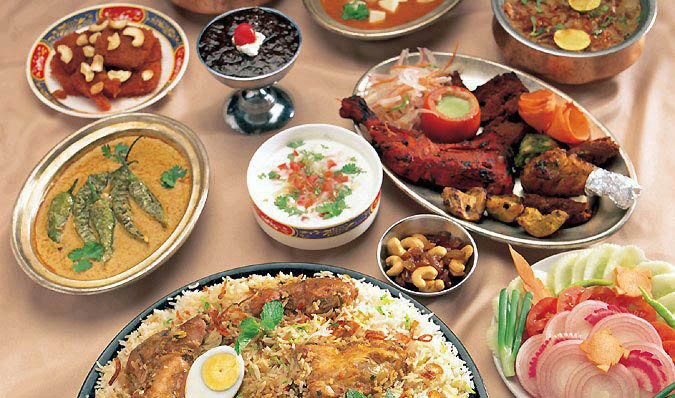
A month of homecoming, packed with weddings and socialising, can be overwhelming for the visitors and the hosts

Pakistan is living with a big hole in its heart. That hole in its heart is Pakistanis who have left for greener or richer pastures, grazing in the economically lucrative lands in Europe, USA, the Middle East, or even down under. With each person who leaves, this hole widens. Rarely do you come across a Pakistani family that is still "whole’. At the hands of this exodus, we have missed out on our best.
Fragmented families suffice with Whatsapp calls and Facetime connections. Most of our friends of school and college are somewhere far away. Every other home has children who have left for better education and exposure, with parents very aware that once they go, they might make new homes in faraway lands. Yet we are making these choices, every day, seeing this migration as the chance at better lives and better futures.
Yes, Pakistan is indeed living with a big hole in its heart.
But come December and that hole starts to fill up -- unnaturally and temporarily.
Birds, mammals, fish -- the animal kingdom is full of examples of seasonal migrations. Humans have a history of doing it too -- for agricultural harvesting, for grazing their cattle, for finding summer or winter jobs.
But what is happening in urban Pakistan is unprecedented. December is the month that non-resident Pakistanis choose collectively to visit their birthland. This includes our children who are studying in universities abroad or offspring who are working abroad -- they get their winter break in December. While this should mean a time for families spending time together and re-bonding, it often does not end up being so, as social commitments seem to multiply by a hundred, if not a thousand, in December.
On an average December weekend, people are invited to anywhere between two to four weddings a day. With weddings come preceding or subsequent shopping sprees. The fact that Pakistanis who are now used to cooler climates request that relatives in Pakistan keep weddings in winters, and want to visit a city like Karachi not when it is 40 degrees Celsius but a milder 15 degrees is understandable. And so it is.
Overcrowded shopping malls and eateries, breakfasts, brunches, lunches and dinners. Traffic on the streets. Late nights. On the peripheries there are the day trips to beaches, farmhouses, or even the occasional trip to a village or a smaller town, because we love to romanticise villages, poverty, and the ‘colourful culture of small towns’. Even Karachi’s infamous viral fevers, cough and flu cannot deter the incomers nor their hosts.
What does this mean for us the resident Pakistanis? Put in simple words, we have to put our lives on hold. While we continue going to work or running everyday errands, we have to accommodate a lot more and wish that each day was not 24 but 48 hours.
As Pakistanis, our most important and unavoidable way of showing affection is feeding people. The stomachs of our guests from abroad go into culture shocks as instead of soups, salads, sandwiches, less spicy and less oily food, they are offered nothing less than nihari, qorma and katakat, dripping in oil and followed by halwas in desi ghee. No amount of antibiotics they may have taken in precaution helps. It is tough on the tummies, but saying no is difficult to the overzealous resident Pakistanis. But it is not really anyone’s fault. This is our way, as a nation, that we show love and care -- we feed people. Also, if we don’t offer a meal or go to meet our guests, it will be said "yeh log buhut badal gaye hain" (they have changed).
There are, you see, dynamics of Pakistanis who live abroad. If they left Pakistan 30 years ago, they have an image of Pakistan frozen in time. Their relatives who were young teenagers listening to George Michael and Madonna when they left are now gray-haired and popping blood thinners into their system, parenting children who are millenials. Of course Pakistan has changed, and yes the people have changed, because societies are fluid and not static. But there is an unsaid pressure on those still living in Pakistan to pretend that we are still the same.
It is also not easy for those visiting Pakistan. Too many people to visit, to meet, to give gifts, to stay connected with. Too many obligations. And at times, if not always, the pressure to pretend that they are still connected to these people in terms of culture, whereas the reality is that exposure and life experiences change us. We evolve.
While this December influx of people means an air of festivity and excitement, more money coming into Pakistani economy, and lots of feasting and meeting-up, it can be overwhelming for both the visitors and the hosts. Why not have weddings in March or September? Or visits to Pakistan in February or October? Too much of a good thing dilutes the effect. Let’s space it out, shall we?
PS: Relatives, siblings and friends visiting Pakistan in December, please don’t write me off after reading this, and believe me when I say I love you all visiting. Promise.